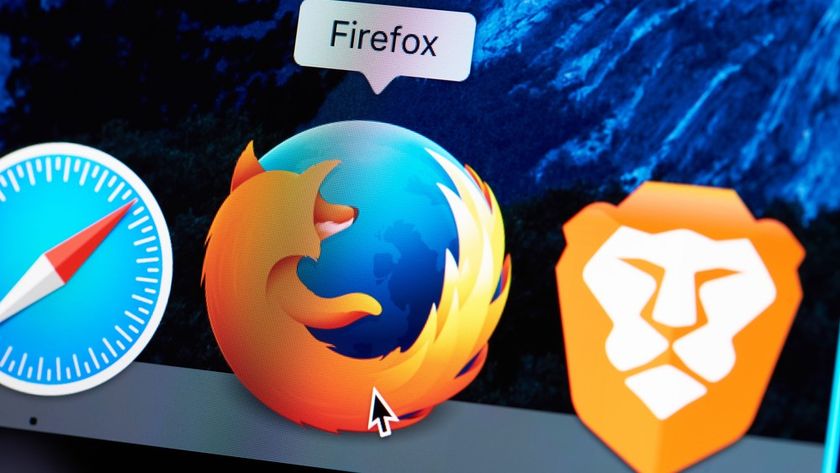Are IT staff just there to fix broken PCs?
How IT departments can go from being 'fixers' to 'brokers'
The great divide
While shadow IT is a headache for IT departments, employees certainly don't see it that way. "As the line between home and work becomes increasingly blurred, employees are becoming frustrated with draconian IT policies that stop them using personal devices and personal cloud applications that help them stay productive," says Butler.
Put up a block and your average office worker will try to find a way around it. All of this fuels mistrust, and there is only one reason; corporate IT is failing to meet their needs. "Through restrictive email attachment limits and limited data storage, users are forced towards consumer cloud storage applications that allow the workforce to access their documents anywhere, at any time," says Butler.
In a study commissioned earlier this year, Trustmarque found that 40% of cloud-using employees admitted to using applications that have not been approved by IT, like Dropbox and Evernote.
"Employees will always have a choice," says Moore. "Sometimes that choice means 'breaking the rules', but if the consequences of that are faster, better business outcomes … can you really blame them?"
Successful IT should be about empowering employees, not restricting them – that requires listening to their requests and observing how they use technology.

Why do some employees see IT staff as a threat?
The simple fact that the IT department's job is to minimise risk to the business is always going to cause confrontation. Trying to prevent cyber breaches and malware with firewalls, complex passwords and employee training is sensible, but not likely to win any friends within an organisation.
"IT is often held accountable for the impact risks create, so if some IT departments end up resorting to heavy-handed or 'threatening' approaches to reducing risk – I don't agree with it – but I can understand why it happens," says Moore. "It comes back to IT learning to be relationship builders, creating a more understanding dialogue with employees, and becoming more transparent in the way they manage and protect their business' critical assets."
Are you a pro? Subscribe to our newsletter
Sign up to the TechRadar Pro newsletter to get all the top news, opinion, features and guidance your business needs to succeed!

Is there a disconnect between IT departments and 'digital business'?
Everyone knows that digital business is a reality – it arguably has been for years – and yet the all-too-common snap decision to 'go digital' is made without realising that the true enabler of digital transformation is IT.
"Many company directors these days are waking up on a Monday morning and making the decision to become a digital business," says Moore. "They then hire a bunch of social media specialists, promote someone to Chief Digital Officer and move something to the cloud for good measure … there is a disconnect between 'business' and 'digital business'."
When boards decide to make this transition, opening a dialogue with IT at all levels is vital, thinks Moore. "Understanding what the current infrastructure, service levels and attitude to change is within IT, then planning the initial improvements required to enable change," says Moore. "We must learn to start where we are."
IT departments must maintain their technical competencies, says Logan, but more breadth is required in this era of digital business. "Enhancing softer skills and building closer relationships with digitally-savvy employees and business units is vital to securing IT's seat at the digital business table," she says.
IT staff need to become more than just 'the guys who will fix the printer' – they need to go from being 'fixers' to 'brokers', and start shaping the future of their organisation.
Jamie is a freelance tech, travel and space journalist based in the UK. He’s been writing regularly for Techradar since it was launched in 2008 and also writes regularly for Forbes, The Telegraph, the South China Morning Post, Sky & Telescope and the Sky At Night magazine as well as other Future titles T3, Digital Camera World, All About Space and Space.com. He also edits two of his own websites, TravGear.com and WhenIsTheNextEclipse.com that reflect his obsession with travel gear and solar eclipse travel. He is the author of A Stargazing Program For Beginners (Springer, 2015),












